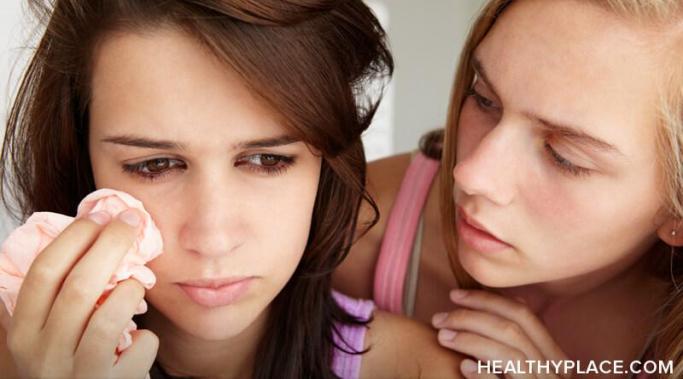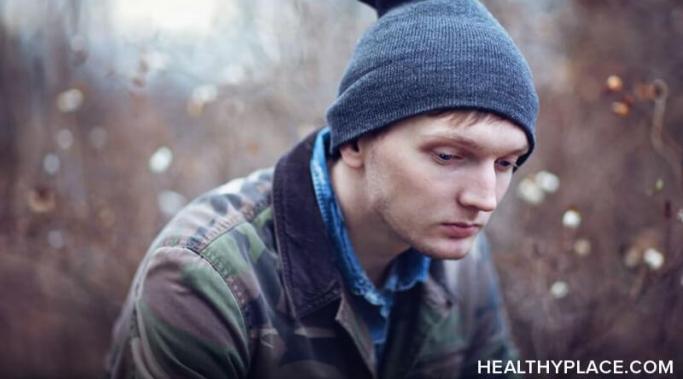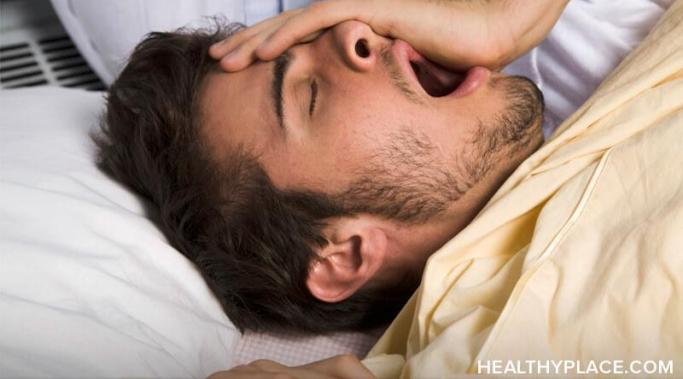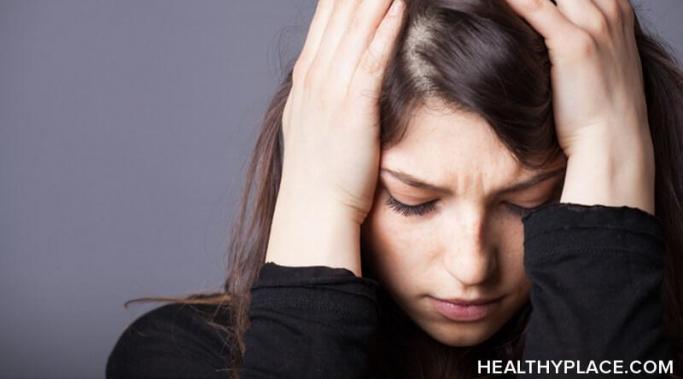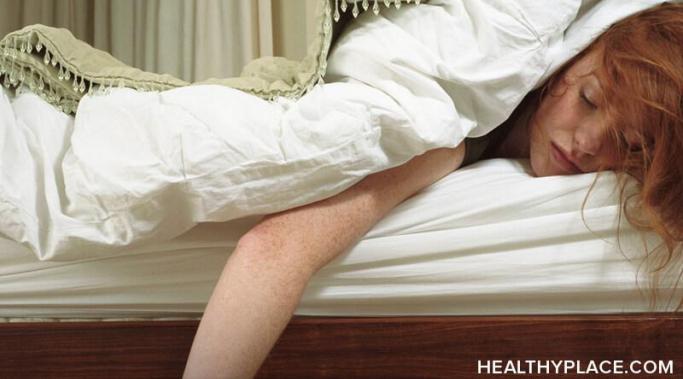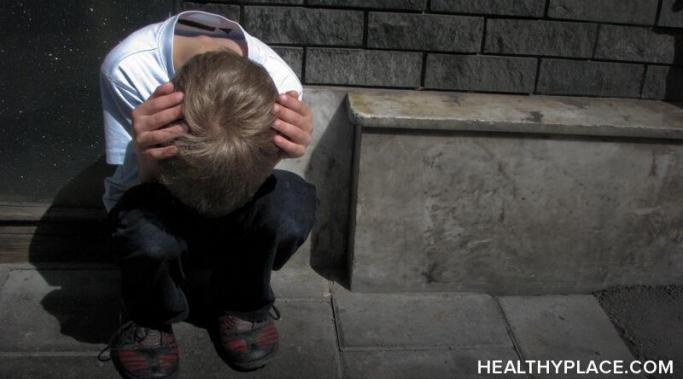I'm far too acquainted with crying outbursts in front of other people. I have been experiencing them since, almost forever. Depression has been my companion, off and on since, almost forever. And I have experienced the shame and embarrassment that comes with them since, almost forever. And yesterday was one such experience. Today, I want to talk about what it's like to have a crying outburst in front of others and how to handle it when it happens to you.
Depression – Breaking Bipolar
I hate pop psychology a lot. And I hate pop psychology a lot for a very good reason: it harms those with mental illness (among others). Pop psychology aims to answer the mind's and the brain's questions with simplistic, easily digestible answers. Unfortunately, the brain and mind don't actually work like that. The body and the psyche require more than what pop psychology has to offer. So, yes, I hate pop psychology.
While suicidality is often driven, at least in part, by lifestyle factors, a person with a good life can still be suicidal. This doesn't make sense to many people. How can someone with an objectively good life feel like they want to die? The answer to that is simple and complex. A person with a good life can be suicidal because of the brain.
Dating with an invisible illness has its pitfalls. When do you tell someone about your illness? When do you explain the impacts your illness has on your life? How do you try to make an invisible illness visible to the person you're dating? My own forays into the dating pool have been making me think about just these questions.
Insomnia is common in bipolar disorder. Sleep changes (which can be insomnia or hypersomnia [oversleeping]) are noted in the symptoms of major depressive disorder, which is part of bipolar disorder. In fact, I would wager that without medication, every person with bipolar disorder would have sleep problems. In my case, I have insomnia with my bipolar disorder and have had it for three years. But last night, I was lucky. Last night I managed to sleep almost eight hours (interrupted, but still). So, why don't I feel any better?
Dating and depression don't mix very well. When you feel terrible about yourself because of depression, it's not the best time to meet new people and try to develop healthy connections. But if your depression is longstanding, does that mean you shouldn't date? Can you successfully date while depressed?
When treating bipolar disorder, I think it's critical to gain bipolar mood stability first and only then tweak up or down as needed. That means that if you're in a depression right now (and let's face it, that's when people seek help the most), the goal isn't to treat depression, per se, but rather to gain bipolar stability. Of course, I'm not the only one who thinks this. The esteemed psychiatrist Dr. Jim Phelps agrees: treatment should focus on bipolar mood stability first.
The holidays can make you sad. I know that's not what people think about when it comes to the holidays, but it's true. That said, if you have the propensity to feel sad because of the holidays, there are ways to make your holidays just a bit more merry and bright.
Do you have trouble getting out of bed and sometimes end up staying in bed all day? You're not alone. People with mental illness, those experiencing depression in particular, often have this problem. But no one wants to stay in bed all day. It doesn't help anyone, it doesn't shorten one's overwhelming to-do list, and it doesn't help you feel better, either. So, let's look at techniques to ensure you don't stay in bed all day.
I'm sad all the time. I'm miserable. I'm caught in a well of darkness and depression -- all the time. Now, not everyone who is depressed experiences this. Some people who are depressed experience persistent sadness bouts, yes, but they aren't necessarily constant. Depression can also be characterized by diminished interest or pleasure instead of a depressed mood. In other words, being sad all the time is not required for a diagnosis of major depressive disorder; but it sure seems to be required by my major depressive disorder (that occurs because of bipolar disorder). And the trouble with all of this is that being sad all the time is just too heavy a burden to bear.
